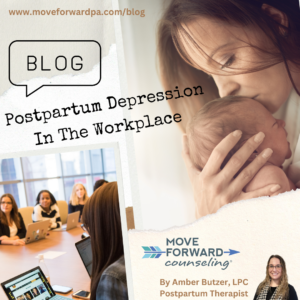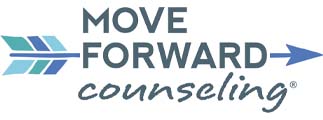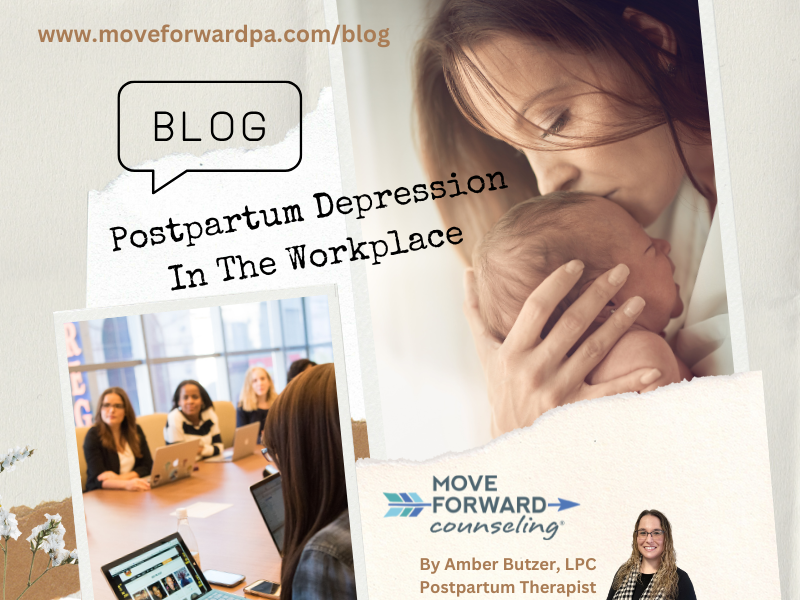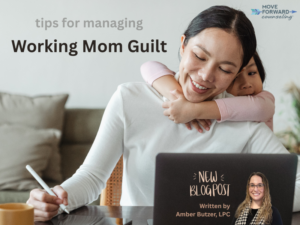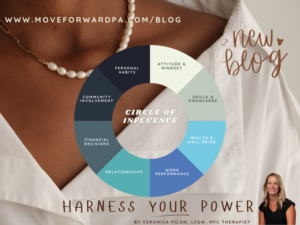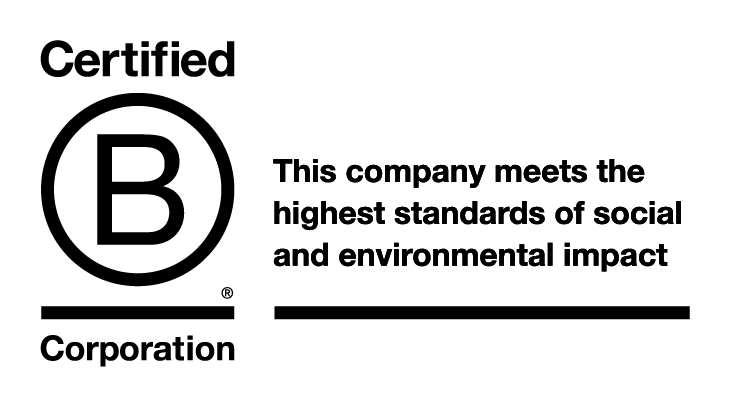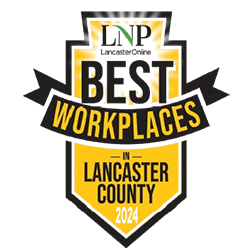Postpartum Depression in the Workplace
Written by Amber Butzer, LPC and MFC Therapist
Picture this…
You wipe away tears as you gather your abundance of items from your car, preparing to walk through your workplace doors for the first time since having your 12-week-old baby. You do a quick mental checklist, assuring yourself you have everything you need: water, snacks, a portable breast pump, a lunch bag stocked with ice packs, and milk storage bags. But you might also be:
- pushing away nagging thoughts filled with guilt and shame for working rather than being home with your baby.
- around coworkers eager to hear about the beauty and magic of your maternity leave.
- having a sense of dread bubbling from the depth of your core.
- feel tears threatening to expose you and rushing to your office, slamming the door and hoping that privacy can help you gather your emotions.
Debilitating Depression in the Workplace
Since a universal paid family leave is unavailable in the United States, along with other situation-specific factors, the above scenario or similar ones have been the experience of many new moms returning to work in their fourth trimester. There is no one-size-fits-all situation when it comes to having a baby and returning to work. There is, however, one thing most mothers can agree on: returning to work while dealing with Postpartum Depression can be debilitating.
The Mayo Clinic cites the following symptoms to be typical of Postpartum Depression. Perhaps you are experiencing one or some of the symptoms, too.
- depressed mood or severe mood swings
- crying episodes
- withdrawing from friends and family
- loss of appetite or increased appetite
- decreased sleep or increased sleep
- decreased interest in activities typically enjoyed
- feelings of worthlessness, hopelessness, shame, guilt, or inadequacy
- brain fog
- anxiety
- panic attacks
- thoughts of harm to self and/or your baby
Getting Back to the Basics
These symptoms can make working at a job one used to flourish at near impossible. Meeting deadlines can be grueling, and having conversations with coworkers can feel suffocating. The good news is that there are options to manage the symptoms of Postpartum Depression.
Getting back to the basics of self-care is of utmost importance. A few things you might try are:
- eating to fuel your body
- sleeping well when you can
- moving your body
- challenging yourself to ask for help when you need it
Support Systems
Relying on a support system made up of “safe” people can also help decrease feelings of loneliness. Try being vulnerable with other moms or join a support group through Postpartum Support International (PSI). This can help with postpartum depression symptoms because no one should have to go on this journey alone.
Therapy for Support
If self-care and increasing connections are not bringing as much ease as you had hoped, therapy with a trained provider can be helpful in learning tried and actual coping techniques to best manage your symptoms at work and home. Some medications can help reduce the impact of postpartum depression symptoms. An MFC therapist can help guide you through techniques, skills or options for helping you manage postpartum depression.
Postpartum Depression In The Spotlight
Postpartum Depression can be difficult to manage, especially in the workplace. Fortunately, maternal mental health has been recently given a spotlight rather than viewed with stigma. The more we talk about these things, the easier it is for new moms to feel safe to seek help while being able to function effectively at work.
Amber Butzer, LPC, specializes in therapy for postpartum depression and anxiety for mothers and the workplace. MFC has other therapists who also specialize in postpartum, perinatal, depression, anxiety, and motherhood-related struggles at home and in the workplace. Contact us to get matched with a professional licensed therapist.
Related Resources
Longman, H. (n.d.). Going back to work after baby: Timelines and tips. BabyCenter. https://www.babycenter.com/baby/postpartum-health/when-can-i-go-back-to-work-after-delivery_1156149
Mayo Clinic. (2022, November 24). Postpartum Depression. https://www.mayoclinic.org/diseases-conditions/postpartum-depression/symptoms-causes/syc-20376617
Postpartum depression: Office on Women’s Health. OASH | Office on Women’s Health. (n.d.). https://womenshealth.gov/mental-health/mental-health-conditions/postpartum-depression
Postpartum Support International: Free Virtual Group Support https://www.postpartum.net/get-help/psi-online-support-meetings/?gad_source=1&gclid=CjwKCAiAk8G9BhA0EiwAOQxmfrMuzdAUfL_dJji3W1HFCMj6NuXdZbUwC825YX6mAtnsvC7mj8bH1BoC2UUQAvD_BwE
